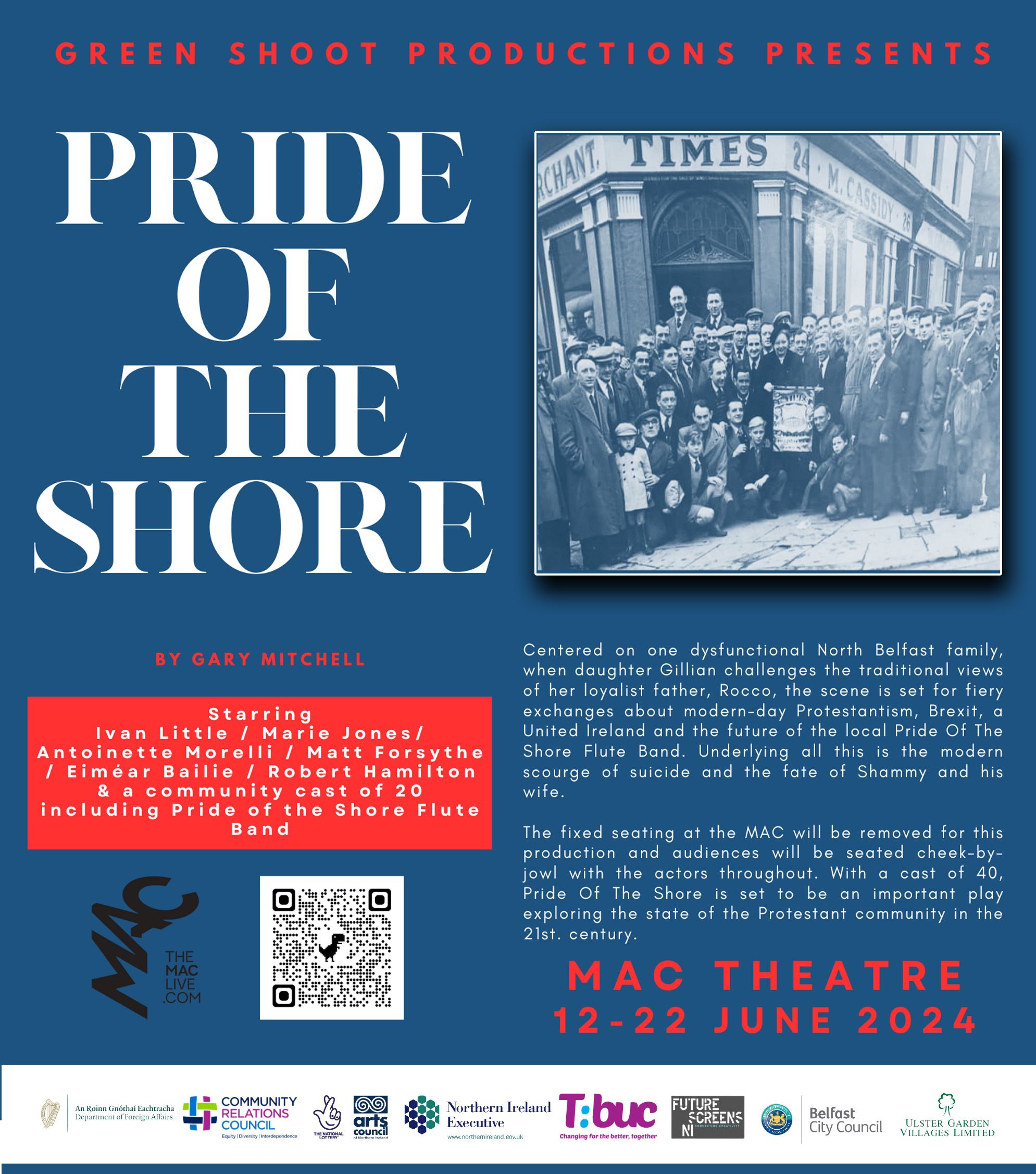STANDING watching the snow fall, as if to make the ground and the air we breathe clean again, I think of the 100,000 public servants forced to strike for dignity, safety and decent pay.
In the bleak midwinter,
Frosty wind made moan,
Earth stood hard as iron,
Water like a stone.
Some workers are forced to use the weather conditions to draw attention to the value of their day’s work, which is taken for granted. The men and women who drive gritters in all conditions to make our roads passable and safe have chosen to join the strike and so, it seems, has the weather. While some will point to inconvenience, most of us will know that decent pay and conditions have never been won with gentle conversations and persuasion. They are hard won by those dedicated to community, rather than individual. Our roads are made passable by drivers who will take risks driving in the worst conditions, on the isolated roads at nighttime, while the rest of us are tucked up. And they can only do it if they can pay their bills and are assured of decent working conditions. It's that simple.
Would any of us go to Accident and Emergency unless our heads were hanging off? If we have cancer symptoms we know that we will wait months longer than citizens living in Britain or the rest of Ireland before effective diagnosis and then treatment. We all know the nurses and doctors are burned out, shattered and disillusioned through no fault of their own, living pay cheque to pay cheque, while working in obscene conditions. We see the teachers who are expected to work under increasingly austere conditions, with ever increasing demands who have wages well below what any of us expect professionals to earn.
GALLERY: Thousands take to the picket lines demanding pay parity https://t.co/YwG0tOeuDj via @ATownNews
— Andersonstown News (@ATownNews) January 18, 2024
All of the public sector strikers are protecting not only their own conditions, but their professions and our collective future. A full generation of young professionals are living in other countries who value their education and commitment. Those still here have daily conversations about whether they will leave this year or next. This is the generation on whom we should be relying on in ten years’ time to lead our public services. They will not be here, having been forced out by rotten pay, conditions and living standards.
Statistics in the Financial Times tell us the last time it was this hard for a first-time buyer to own a home was in 1876. For those coming from non-privileged backgrounds they will need to save for at least 13 years before they will have a deposit for a home. Our young are fleeing to where their lives will be better.
But like the bleak mid-winter, the DUP ground is hard as iron and their faces like stone. They move nothing and nowhere to alleviate this suffering in the present, or the threats to the future.
It is astonishing that unionism literally refuses to make the North work, thus denying their precious union its only potential salvation. Equally ironic, of course, is that nationalism and republicanism, whose long-term strategic benefit lies in this real-time demonstration of partition’s failure, are the ones trying for Stormont’s resurrection. But that irony doesn’t put electric in the meter.
And so I keep humming: "If I were a wise man, I would do my part."









